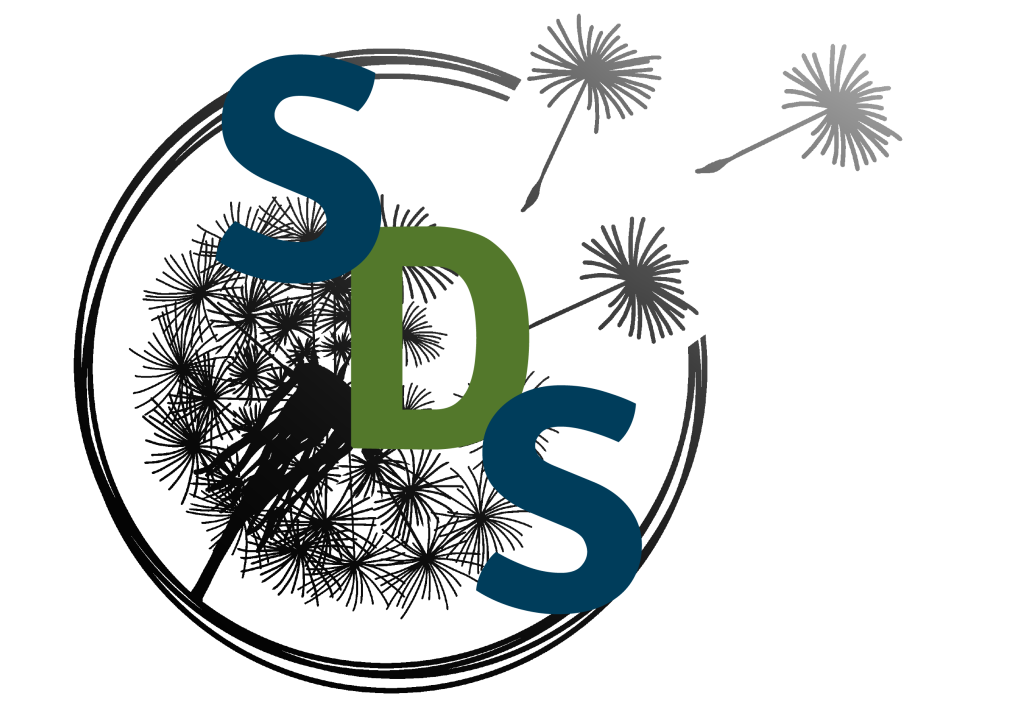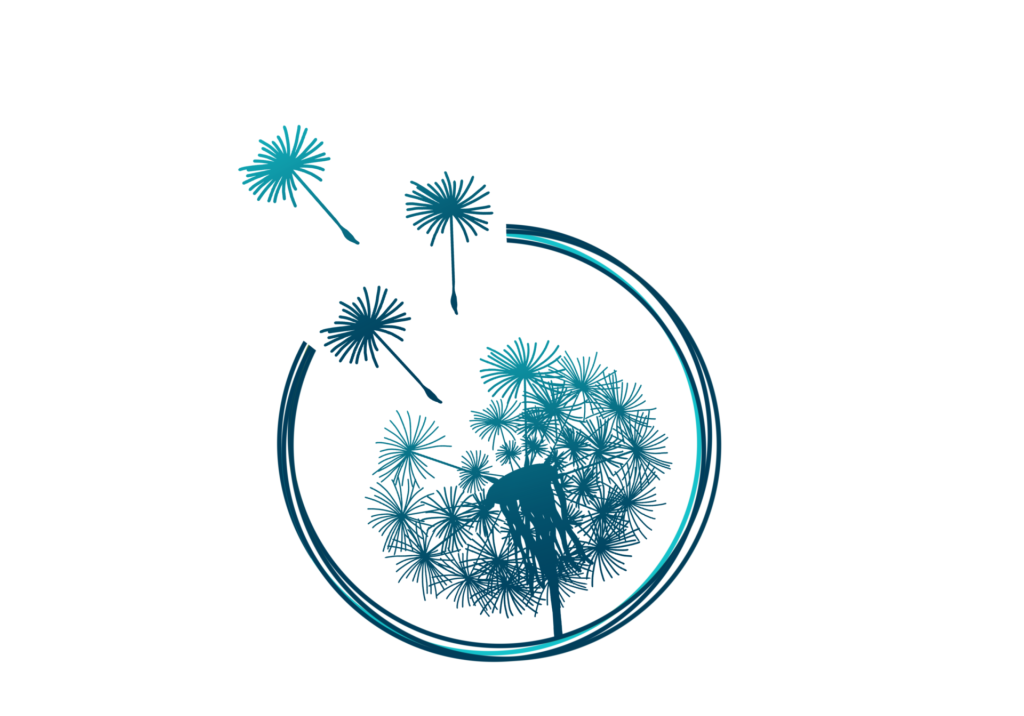The Society for Disability Studies (SDS) is a scholarly organization dedicated to promoting disability studies. More than forty years of rich history has enabled the organization to cultivate a multinational membership base with expertise ranging from advocacy, activism, and scholarly perspectives on disability from a variety of disciplines.
Such expertise is often on display at the SDS annual conference, where hundreds of participants gather every year in partnership with the Ohio State University Multiple Perspectives Conference . Members also engage in vibrant discussions on member-only electronic lists with participation ranging from some of the most senior scholars in the field to rising graduate student stars. We are proud of our working committees and how we have helped shape the field of disability studies.
We welcome your participation. Consider becoming a member today.

A black dandelion surrounded by a circle with three tufts blowing away through the circle to the right and the letters SDS in blue and green placed over the image.
SDS 40th Anniversary Brings a New Look!
To celebrate forty years as a scholarly organization, SDS is proud to introduce a complete website and logo redesign! Our new logo, a dandelion head with a few tufts floating through an embracing circle, is drawn from the critical interdisciplinary and intersectional scholarly and advocacy work that drives our SDS Principles. Black feminist scholar adrienne maree brown explains in her book Emergent Strategy: Shaping Change, Changing Worlds, the natural elements she ties to emergent strategy, or the strategy for building complex patterns and systems of change through relatively small interactions. Of dandelions, she writes, “Dandelions are often mistakenly identified as weeds, aggressively removed, but are hard to uproot; the top is pulled but the long taproot remains. Resilience. Resistance. Regeneration. Decentralization” (46). We see the dandelion as emblematic of embodied experience of disabled lives and the interwoven network of scholarship, advocacy, activism, and collective identity-making that allows us to, in the words of Mia Mingus (2010) Create Collective Access (CCA).
SDS logo was conceptualized and designed by Griffin Zimmerman (he/they), SDS webmaster and PhD candidate, University of Arizona.
Mission and History
Mission
The Society for Disability Studies (SDS) is a non-profit organization that promotes the study of disability in social, cultural, and political contexts. Disability Studies recognizes that disability is a key aspect of human experience, and that the study of disability has important political, social, and economic implications for society as a whole, including both disabled and nondisabled people. Through research, artistic production, teaching and activism, the Society for Disability Studies seeks to augment understanding of disability in all cultures and historical periods, to promote greater awareness of the experiences of disabled people, and to advocate for social change.
History
Founded in 1982 as the Section for the Study of Chronic Illness, Impairment, and Disability (SSCIID), the organization was renamed the Society for Disability Studies in 1986. The Society maintains affiliation status with the Western Social Science Association (WSSA) through its Chronic Disease and Disability Section.
SDS’s proudest accomplishment is one of the most successful and the leading journals on disability studies. International in scope, Disability Studies Quarterly (DSQ) provides scholars, activists, artists with disabilities, and others to consider the experience of disability in the written form.
Founders
Through its annual conference and its journal, the Society for Disability Studies has been instrumental in establishing disability studies as a discipline. None of this progress would have been possible had it not for the dedicated founders of this organization, whose collaborative efforts helped form the field we continue to build upon today:
- Daryl Evans
- Nora Groce
- Steve Hey
- Gary Kiger
- John Seidel
- Jessica Scheer
- Irving Kenneth Zola (1935-1994)

